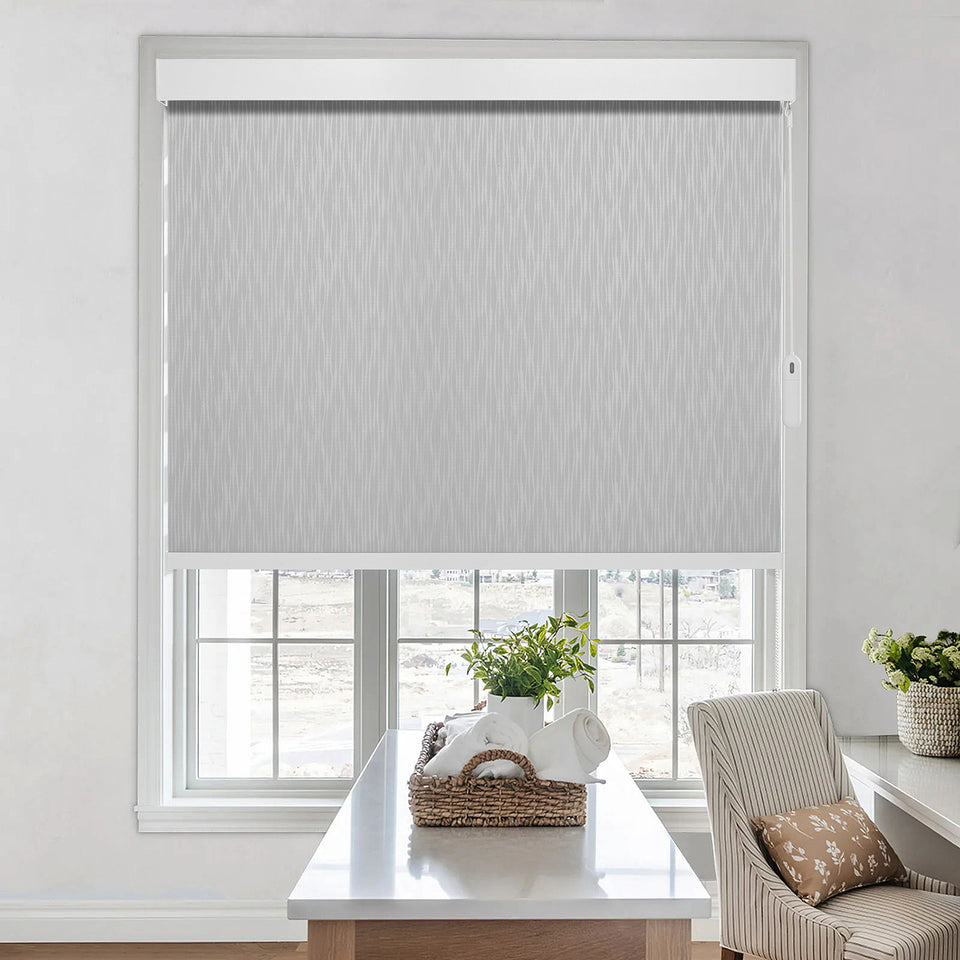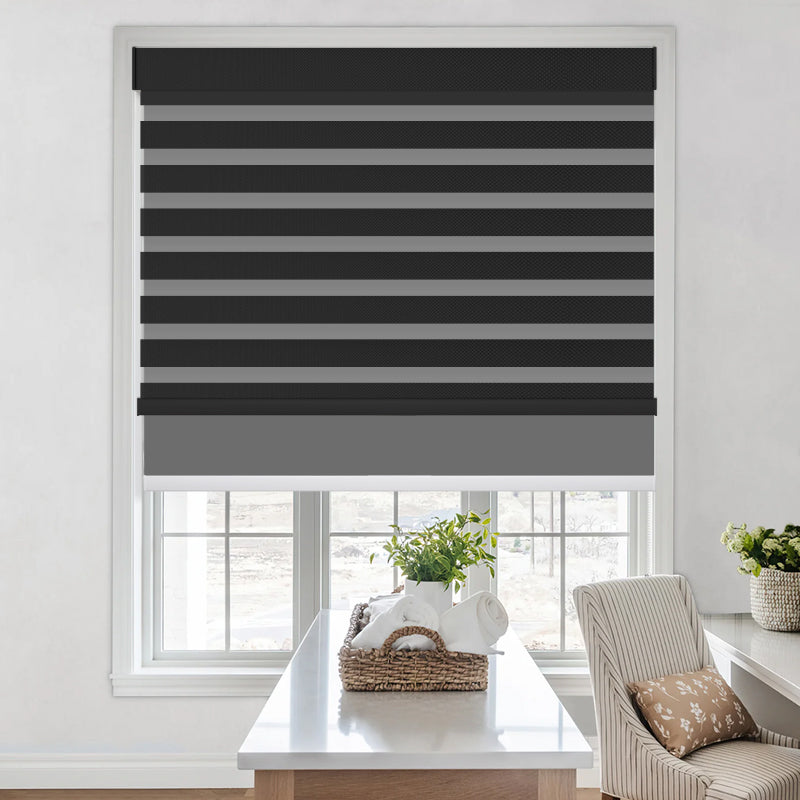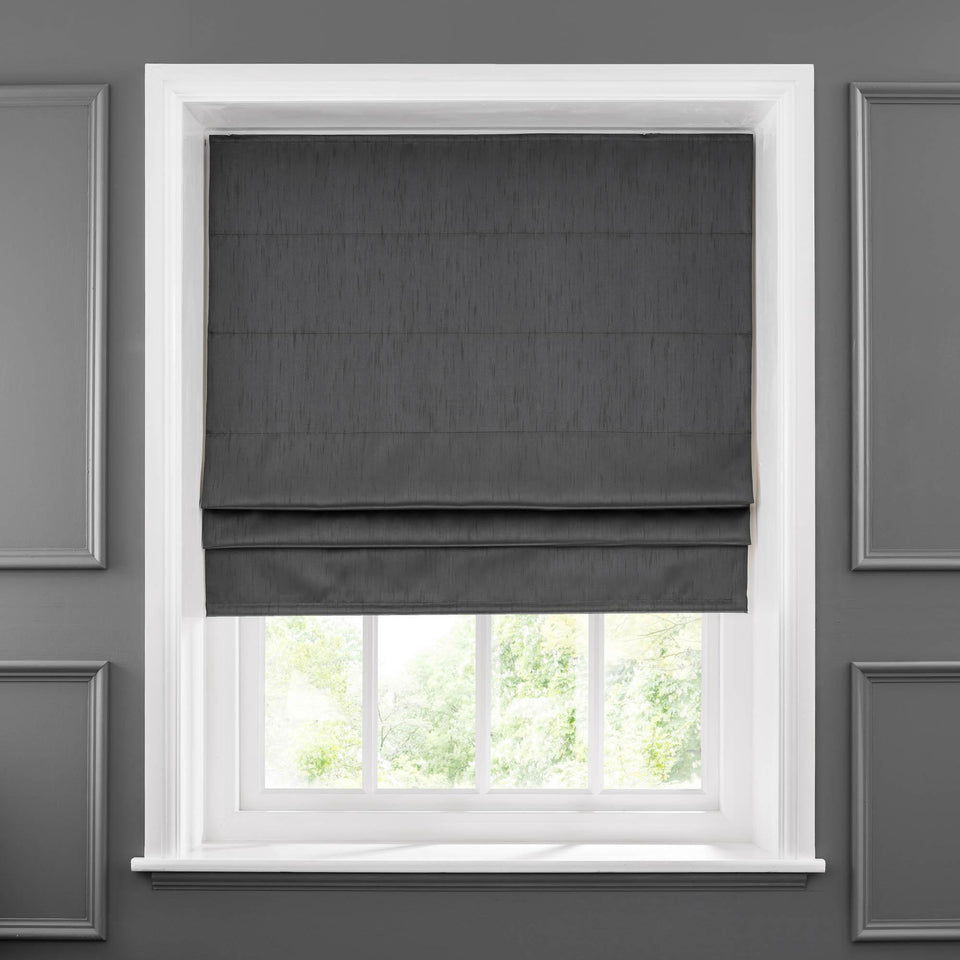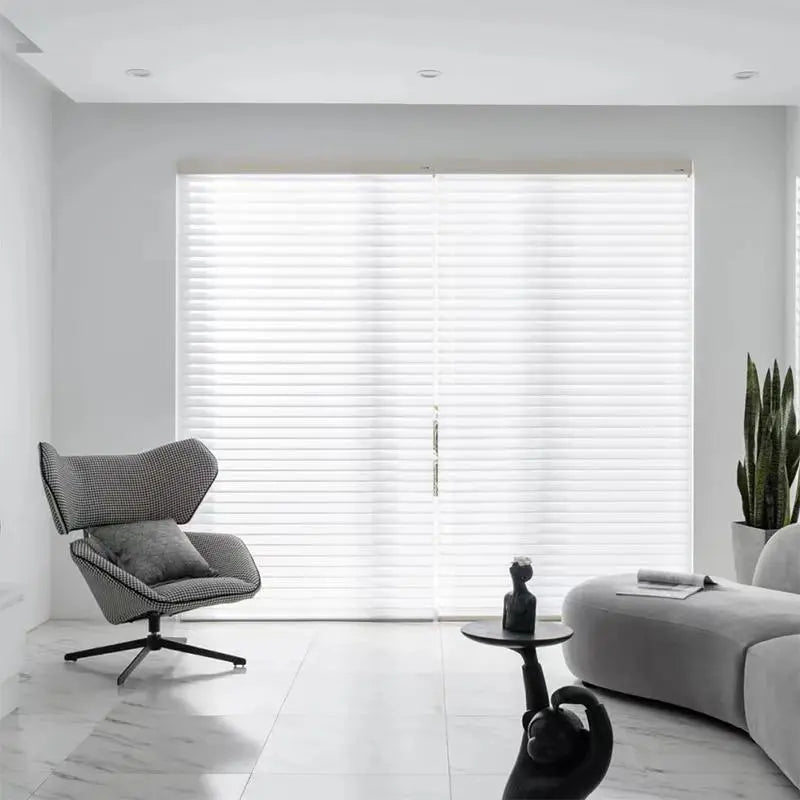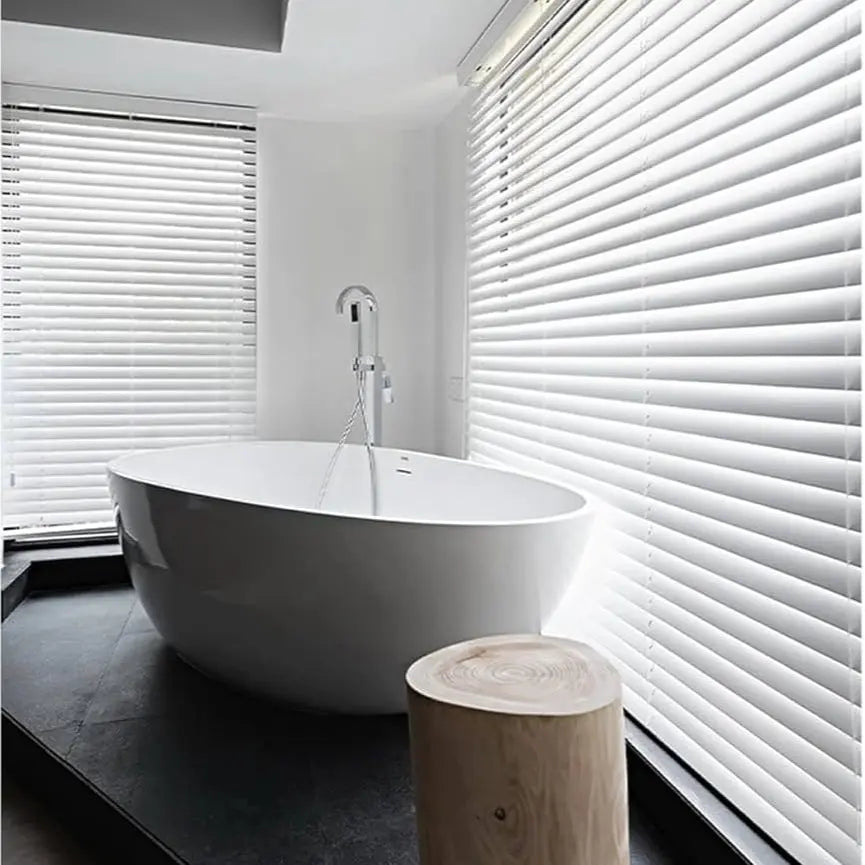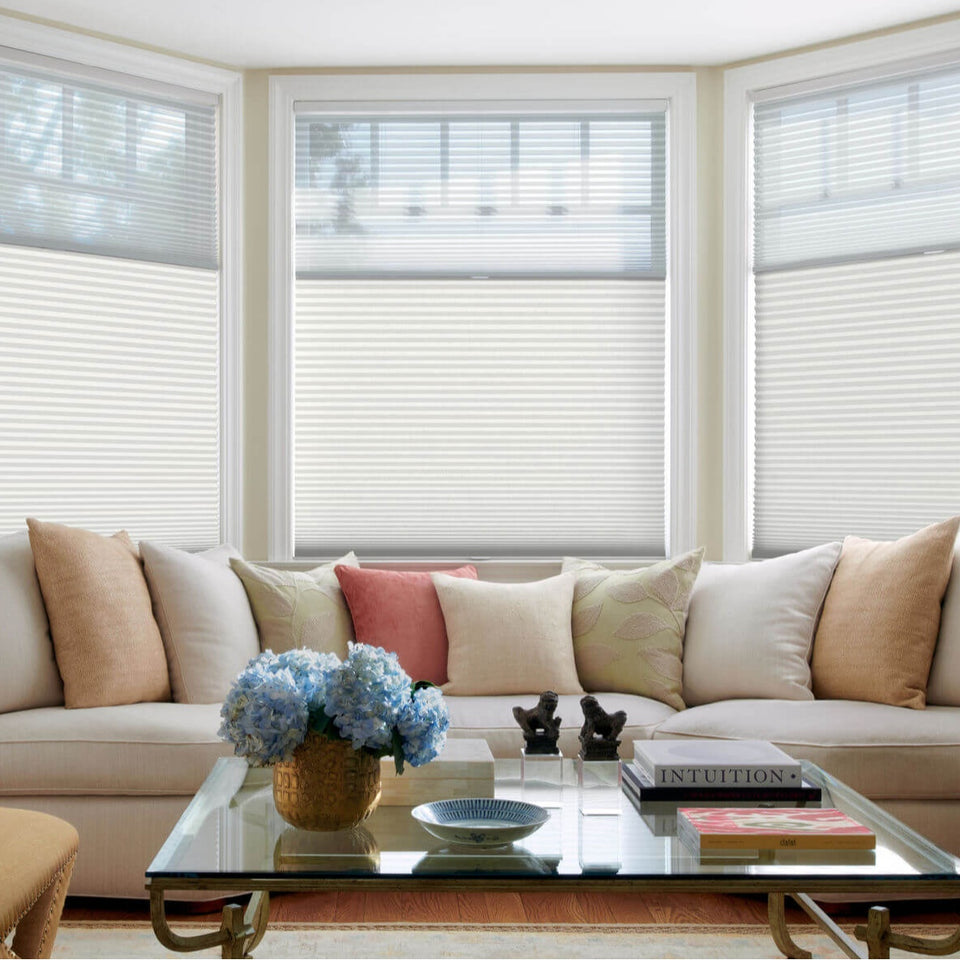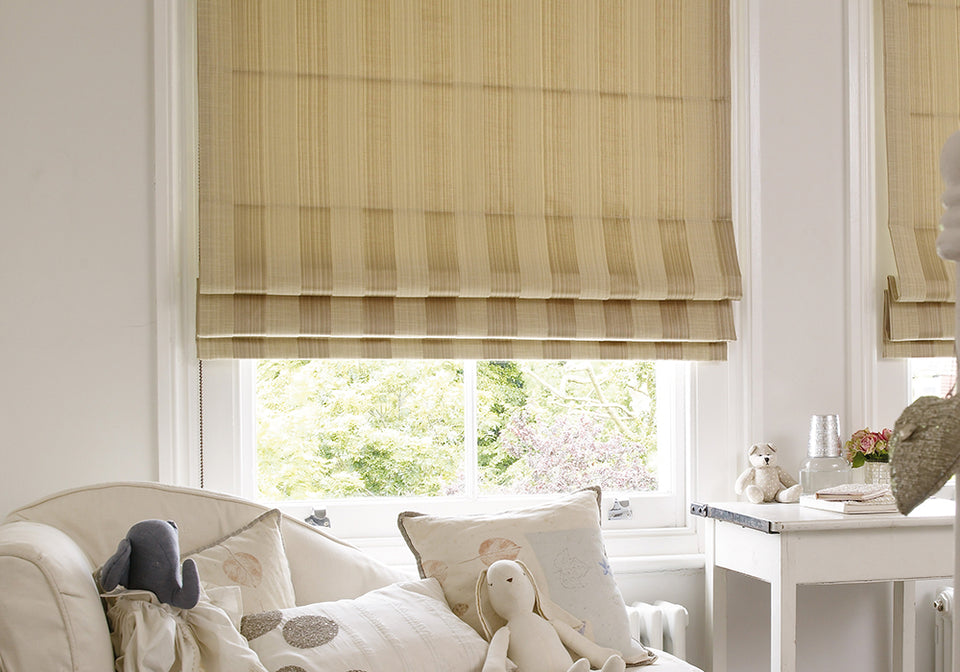What Are The Best Flooring Options For Your Basement?
Choosing the right flooring for your basement can be challenging due to unique conditions, such as moisture and temperature variations. Unlike above-grade floors, basement flooring is more exposed to water vapor, humidity, and even potential flooding. These factors make selecting the right materials crucial to ensuring both durability and comfort. So, what are the best basement flooring options? Read on to explore the pros, cons, and cost considerations of some of the most popular choices for basement flooring to help you make an informed decision.
1. Vinyl Flooring (Sheet, Plank, and Tile)
Vinyl flooring has become one of the most popular options for basements because it is affordable, moisture-resistant, and available in multiple styles. It comes in three forms: sheet, plank, and tile.
-
Sheet Vinyl: Sheet vinyl creates a seamless, water-impervious surface that is excellent for areas prone to moisture. It’s affordable and easy to maintain, making it a budget-friendly choice. However, it can be difficult to install due to the large, cumbersome sheets, and you’ll likely need professional help.
-
Vinyl Plank and Tile: These offer a more stylish and luxurious look, with some designs replicating the appearance of wood or stone. Plank vinyl flooring provides a thicker, more durable surface compared to sheet vinyl and is easier to install. Peel-and-stick vinyl tiles are a DIY-friendly option. While vinyl is moisture-resistant, poorly installed seams in tiles can still allow water to seep through.
Cost: Vinyl flooring is cost-effective, with sheet vinyl averaging $0.50 to $1.50 per square foot, while planks and tiles range between $1.50 and $5 per square foot. Installation costs vary but can be minimal for DIYers.
Pros:
- Affordable
- Moisture-resistant
- Easy to clean and maintain
Cons:
- Difficult to install sheet vinyl
- Seams in tile may allow water infiltration

2. Ceramic or Porcelain Tile Flooring
Ceramic or porcelain tile is another top choice for basement flooring due to its durability and resistance to moisture. Tile is completely impervious to water, which makes it ideal for areas that may flood or experience high humidity. It can also be heated using radiant floor systems, ensuring warmth in colder basement environments.
However, ceramic and porcelain tiles can be cold and hard underfoot without the added comfort of radiant heating. Additionally, installing tiles requires skill, making it more of a challenge for DIYers.
Cost: Ceramic tiles cost around $1 to $30 per square foot, while porcelain tiles range from $3 to $46 per square foot. Professional installation will add another $5 to $17 per square foot.
Pros:
- Water-resistant and easy to dry out
- Durable and long-lasting
- Can be installed over concrete
Cons:
- Cold and hard underfoot without heating
- Professional installation can be expensive
3. Engineered Wood Flooring
Engineered wood is a beautiful and versatile flooring option that mimics the appearance of hardwood without the drawbacks of moisture sensitivity. Unlike solid hardwood, which can warp or rot in damp conditions, engineered wood is dimensionally stable. It consists of a plywood base topped with a thin layer of real wood, making it more resistant to moisture than traditional hardwood.
However, engineered wood still needs a subfloor system for optimal performance, which can add to installation costs. It is also more expensive than vinyl or tile flooring and can be challenging to remove once installed.
Cost: Engineered wood flooring ranges from $3 to $10 per square foot, with installation costs between $3 and $8 per square foot.
Pros:
- Attractive, high-end look
- Some moisture resistance
- Sound-absorbing
Cons:
- Requires a subfloor
- Higher cost than other options
4. Concrete Flooring
For a low-maintenance, moisture-proof option, consider concrete flooring. Concrete has become increasingly popular for basements, especially as more homeowners embrace the industrial, modern aesthetic. It can be painted, stained, or polished to create a finished look. Additionally, concrete floors require no subfloor, saving on installation costs.
However, concrete floors are hard, cold, and can be noisy underfoot. To improve comfort, you can add area rugs or opt for radiant heating. Moisture can also seep through untreated concrete, so applying a waterproof sealant is essential to prevent dampness.
Cost: Basic concrete flooring costs around $2 per square foot, but more elaborate designs can cost up to $30 or more per square foot. Polishing or staining concrete requires professional tools and expertise.
Pros:
- Extremely moisture-resistant
- Durable and easy to maintain
- No subfloor required
Cons:
- Cold and hard underfoot
- May require radiant heating for comfort
5. Luxury Vinyl Plank (LVP) or Tile (LVT)
Luxury vinyl plank (LVP) and luxury vinyl tile (LVT) are newer, high-quality alternatives to traditional vinyl flooring. They offer enhanced durability, comfort, and style. LVP is designed to mimic wood, while LVT replicates the appearance of stone. These luxury options are thicker and more realistic in texture and look than standard vinyl, making them an excellent choice for homeowners who want a premium feel in their basement.
LVP and LVT are easy to install, even for DIYers. The interlocking planks snap together, making it simple to create a floating floor. They are water-resistant, durable, and provide sound insulation, making them ideal for basement spaces.
Cost: LVP and LVT range from $2.50 to $5 per square foot, with professional installation adding $1 to $3 per square foot.
Pros:
- Stylish and realistic look
- Easy to install as a DIY project
- Water-resistant and durable
Cons:
- Can be expensive compared to traditional vinyl
- Lower resale value than hardwood or tile

6. Rubber Flooring
Rubber flooring, often associated with gyms or play areas, can also be a good option for basements that will be used as home gyms or recreational spaces. Rubber is soft, water-resistant, and provides good insulation. While it may not suit formal living spaces, its practicality in moist environments is undeniable.
Rubber tiles are easy to install, with interlocking pieces that fit together like a puzzle. They are easy to clean and maintain, making them ideal for high-traffic basement areas. However, the aesthetics may not be as appealing for homeowners looking for a more polished look.
Cost: Rubber flooring costs range from $3 to $15 per square foot, depending on style and thickness.
Pros:
- Water-resistant and durable
- Soft and comfortable
- Simple to install and remove
Cons:
- Not aesthetically suited for formal spaces
- May allow water through seams
7. Laminate Flooring
Laminate flooring is a cost-effective and easy-to-install option that replicates the look of wood or stone. It is particularly popular among DIYers due to its simple tongue-and-groove installation process. However, laminate flooring is susceptible to water damage if exposed to excessive moisture for extended periods. A raised subfloor and proper underlayment are necessary to protect it from moisture in basements.
Cost: Laminate costs around $3 to $13 per square foot, including installation.
Pros:
- Affordable
- Easy to install
- Warm underfoot
Cons:
- Vulnerable to water damage
- Requires a subfloor

Conclusion
Choosing the best basement flooring depends on your specific needs and how you intend to use the space. If moisture is your primary concern, vinyl, tile, or concrete are excellent options. For a warmer, more comfortable feel, engineered wood, luxury vinyl plank, or laminate may be better suited, but these may require additional moisture protection. Regardless of the material, it’s essential to take the necessary steps to waterproof your basement and protect your investment for years to come.
At LongtermHouse.com, we offer a wide range of flooring options, from vinyl and engineered wood to tiles and concrete solutions. Browse our selection today to find the perfect flooring for your basement project!


